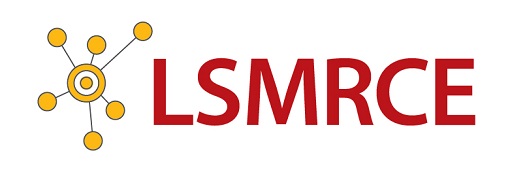Synopsis of the LSAMP Program
The Louis Stokes Alliances for Minority Participation (LSAMP) program is an alliance-based program.
The program's theory is based on the Tinto model for student retention referenced in the 2005 LSAMP program evaluation.1.
The overall goal of the program is to assist universities and colleges in diversifying the nation's science, technology,
engineering and mathematics (STEM) workforce by increasing the number of STEM baccalaureate
and graduate degrees awarded to populations historically underrepresented in these disciplines: African Americans, Hispanic Americans, American Indians,
Alaska Natives, Native Hawaiians, and Native Pacific Islanders.
LSAMP's efforts to increase diversity in STEM are aligned with the goals of the Federal Government's five-year strategic plan for STEM education,
Charting a Course for Success: America's Strategy for STEM Education.
The LSAMP program takes a comprehensive approach to student development and retention.
Particular emphasis is placed on transforming undergraduate STEM education through innovative, evidence-based recruitment and retention strategies,
and relevant educational experiences in support of racial
and ethnic groups historically underrepresented in STEM disciplines.
The LSAMP program also supports knowledge generation, knowledge utilization, assessment of program impacts and dissemination activities.
The program seeks new learning and immediate diffusion of scholarly research
into the field.
Under this program, funding for STEM educational and broadening participation research activities could include research to develop new models
in STEM engagement, recruitment and retention practices for all critical pathways
to STEM careers or research on interventions such as mentoring, successful learning practices and environments, STEM efficacy studies,
and use of technology to improve learning or student engagement.
Overall, the LSAMP program provides funding to alliances that implement comprehensive, evidence-based, innovative,
and sustained strategies that ultimately result in the graduation of well-prepared, highly-qualified students
from underrepresented minority groups who pursue graduate studies or careers in STEM.

